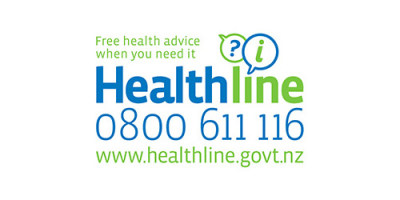Planned care programme will make lasting differences to health service delivery
Te Whatu Ora – Health New Zealand’s chief executive Margie Apa says the report from the Planned Care Taskforce, released today, represents long term and lasting differences to the way planned care services are delivered across New Zealand’s hospitals and health system.
The Taskforce was charged with providing recommendations to benefit and reduce inequity for patients who have been waiting too long for planned care treatment.
The Taskforce’s Reset and Restore Plan released today provides 101 recommendations.
“It’s a comprehensive plan and I want to thank the Taskforce, its chair Andrew Connolly and the other members of the Taskforce, for their hard work, wide-ranging and considered recommendations,” Margie Apa said.
“Of the 101 recommendations received from the report, 30 will begin implementation by December this year and others will be phased in through a multiyear programme of work, led by Te Whatu Ora Hospital and Specialist Services, in the medium and longer term.
“Patients have already begun to see the benefit of the work from the Taskforce. Good progress has been made from our start point of 5,405 on 1 July 2022, with our latest data showing that 1,622 patients as at 17 October 2022 who have been waiting the longest for treatment are now scheduled. We expect further progress as pressure on the system eases.
“Effective waiting list management is key to improving our planned care service, and I am pleased to see progress delivering this, which will also see reduced inequity regarding excessive waiting times for Māori.
“Our health system transformation means that working as one health system, Te Whatu Ora – Health New Zealand has removed boundaries. This allows the health system to think regionally and collaboratively, with more ability to meet clinical demand for planned care in a timely way.
“One early example is South Canterbury, which is assisting the Southern region with orthopaedic capacity. The plan is to assist with 70 patients a year, who will come from all over the Otago region.
“The Taskforce was specifically charged with considering equity across its recommendations, and I am pleased to see initiatives in the recommendations that will improve equitable access. This includes support for people experiencing challenges from living remotely, and for those who are not accessing health services equitably.
“The mahi represented within this report is far from over. Implementation of the recommendations will be led by Te Whatu Ora – Health New Zealand and Te Aka Whai Ora – Māori Health Authority through a programme of work managed by Hospital and Specialist Services,” Margie Apa said.
Download related documents





